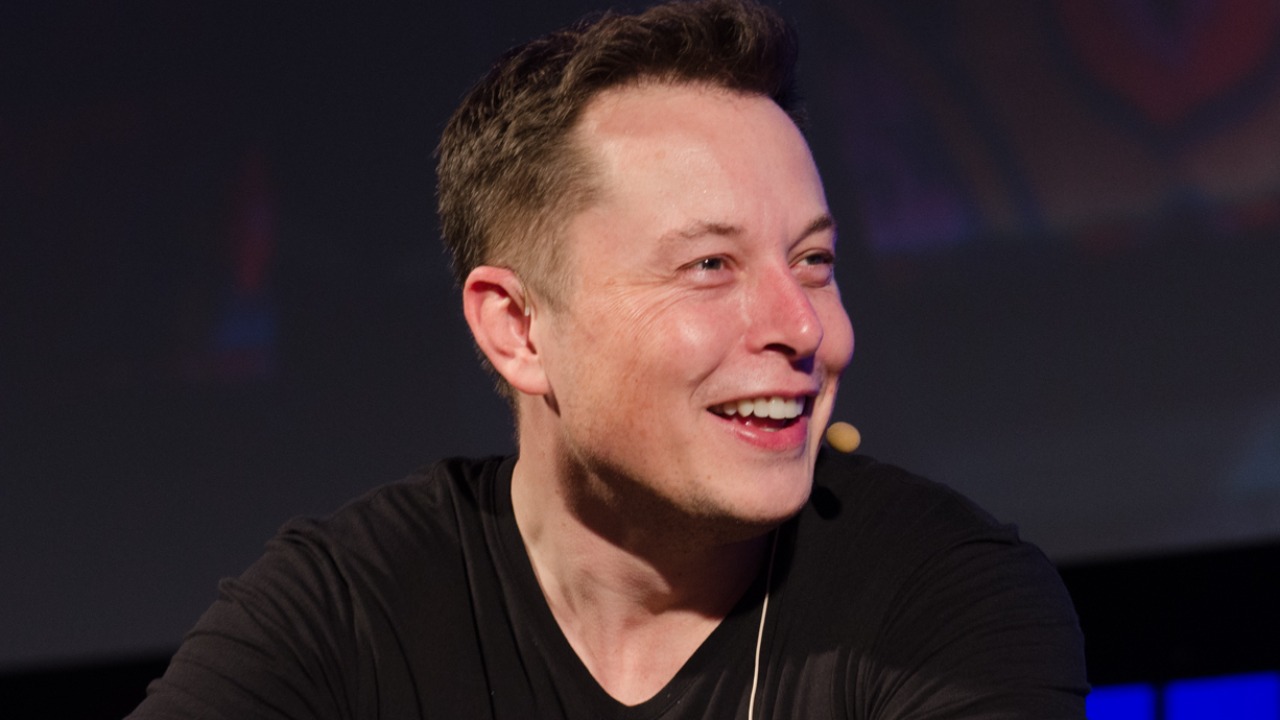
Elon Musk, the visionary behind Tesla, is on the brink of a staggering $1 trillion payday, contingent on a pivotal shareholder vote. This unprecedented compensation package, tied to Tesla’s performance milestones, comes at a time when the electric vehicle (EV) market is heating up, with formidable competition from Chinese EV giants such as Xpeng, BYD, and Changan Motors (CM). As of November 3, 2025, the future of Tesla and Musk’s ambitious vision hangs in the balance.
The Origins of Musk’s Compensation Plan
Elon Musk’s compensation plan, first introduced in 2018, was initially valued at up to $56 billion. However, it has since ballooned to a potential $1 trillion, contingent on Tesla’s market cap growth and performance targets such as revenue and EBITDA milestones. This unique package ties Musk’s payout directly to Tesla’s operational success, with stock price thresholds that have been met multiple times since the plan’s inception. The plan has faced legal battles, including a Delaware court ruling that voided it in early 2024, only to be revived through shareholder ratification efforts.
Shareholder Vote: The Path to Approval
The upcoming Tesla shareholder meeting in 2025 will be a decisive moment for Musk’s $1 trillion mega-deal. After its court invalidation, shareholders will vote on ratifying the deal. Proxy advisors, such as Institutional Shareholder Services (ISS), have recommended approval, arguing that it aligns executive incentives with long-term value creation. However, the proposal faces potential opposition from activist investors concerned about dilution and governance, a concern that is balanced by support from major stakeholders like Vanguard and BlackRock.
Tesla’s Performance Milestones Unlocked
Under the compensation package, Tesla has achieved key milestones, including surpassing $100 billion in annual revenue and hitting adjusted EBITDA targets in 2023 and 2024. Tesla’s shares have also seen significant growth, reaching over $400 per share in late 2024, thereby fulfilling multiple market cap hurdles tied to Musk’s equity grants. Looking ahead, the rollout of autonomous driving technology and the ramp-up of Cybertruck production could further accelerate Musk towards the full $1 trillion valuation.
Competitive Pressures from Chinese Rivals
As Tesla strives to meet its ambitious goals, it faces increasing competition from Chinese EV manufacturers. Xpeng, for instance, has been aggressively expanding in the affordable EV market, with models like the P7+ that undercut Tesla’s Model 3 on price while matching range and tech features in global markets. BYD, on the other hand, has asserted its dominance in battery production and hybrid technology, reporting over 3 million vehicle sales in 2024 and challenging Tesla’s lead in pure EV volumes. Changan Motors (CM) is also making strides in the smart EV market through partnerships, developing advanced ADAS systems that rival Tesla’s Full Self-Driving capabilities in China.
Implications for Tesla’s Innovation Pipeline
Musk’s potential payday could have significant implications for Tesla’s innovation pipeline. It incentivizes investments in next-gen projects like the Robotaxi, set to be unveiled in 2026, and Optimus humanoid robots entering production. However, if the deal fails, it could lead to Musk’s divided attention across xAI, SpaceX, and X (formerly Twitter), potentially diluting his focus on Tesla’s core EV and energy businesses. Market analysts predict a 10-15% stock volatility swing post-vote, which could influence Tesla’s ability to fund gigafactory expansions in Mexico and India.
Broader Industry and Regulatory Ramifications
The $1 trillion package sets a new precedent for CEO pay in the tech industry, drawing scrutiny from SEC regulators on transparency and fairness to minority shareholders. Global trade tensions, including U.S. tariffs on Chinese imports, could shield Tesla from Xpeng, BYD, and CM, but also raise costs for battery supply chains. Investor sentiment on sustainability is also a factor, with ESG funds debating whether Musk’s incentives truly advance Tesla’s mission of accelerating the world’s transition to sustainable energy.
More from MorningOverview